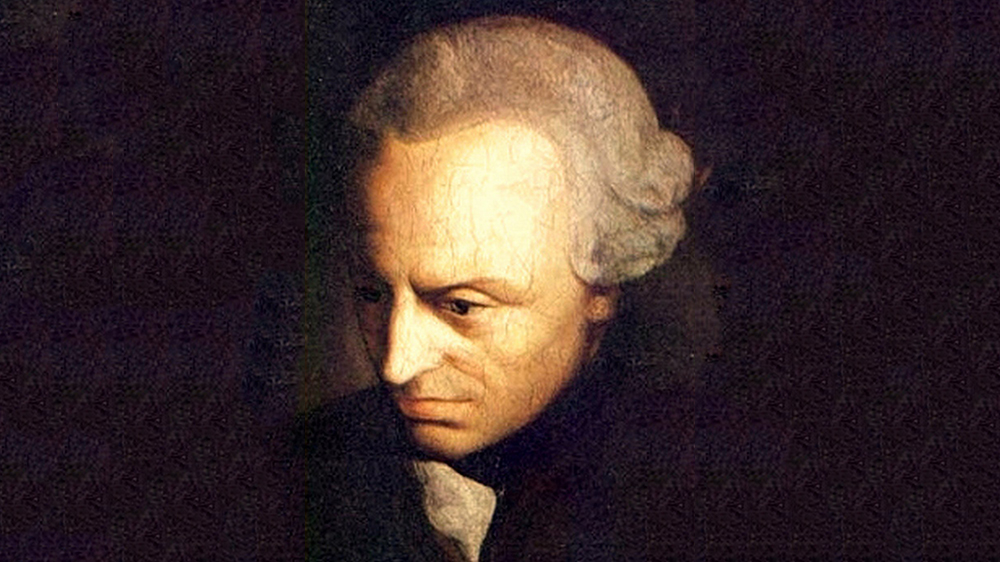About the project
The “Kantian School” included thinkers such as Erhard, Bergk, Heydenreich, Reinhold, Tieftrunk, Feuerbach, Maimon, Jakob, Reimarus, Schlegel, the early Fichte, and others. They have so far been neglected in scholarship, yet their theories of democracy are notable for bringing out fully the Kantian concepts of equal rights and popular enlightenment in the public sphere, and for sophisticated defences of popular revolutionary movements.
KanDem aims not just to cover a gap in our knowledge but to develop a theory of democratic government based on equal freedom guided by the idea of political autonomy. A further aim is to improve our understanding of Kant's basic principles and to contribute to the burgeoning field of the history of democratic theory.
Research questions
- How did the Kantian philosophers define and justify the principles of equal freedom, equal political rights, popular sovereignty and its institutions, as well as revolution and reform?
- How can the Kantians help us understand better Kant’s legal and political principles?
- How can we understand the history of democratic theory better in light of the Kantians?
Financing
The Research Council of Norway. Project number: 324272.
Duration
01.12.21-30.11.25.
Mailing list
Click here if you wish to join the project's mailing list and receive updates about workshops, publications, and job announcements.
